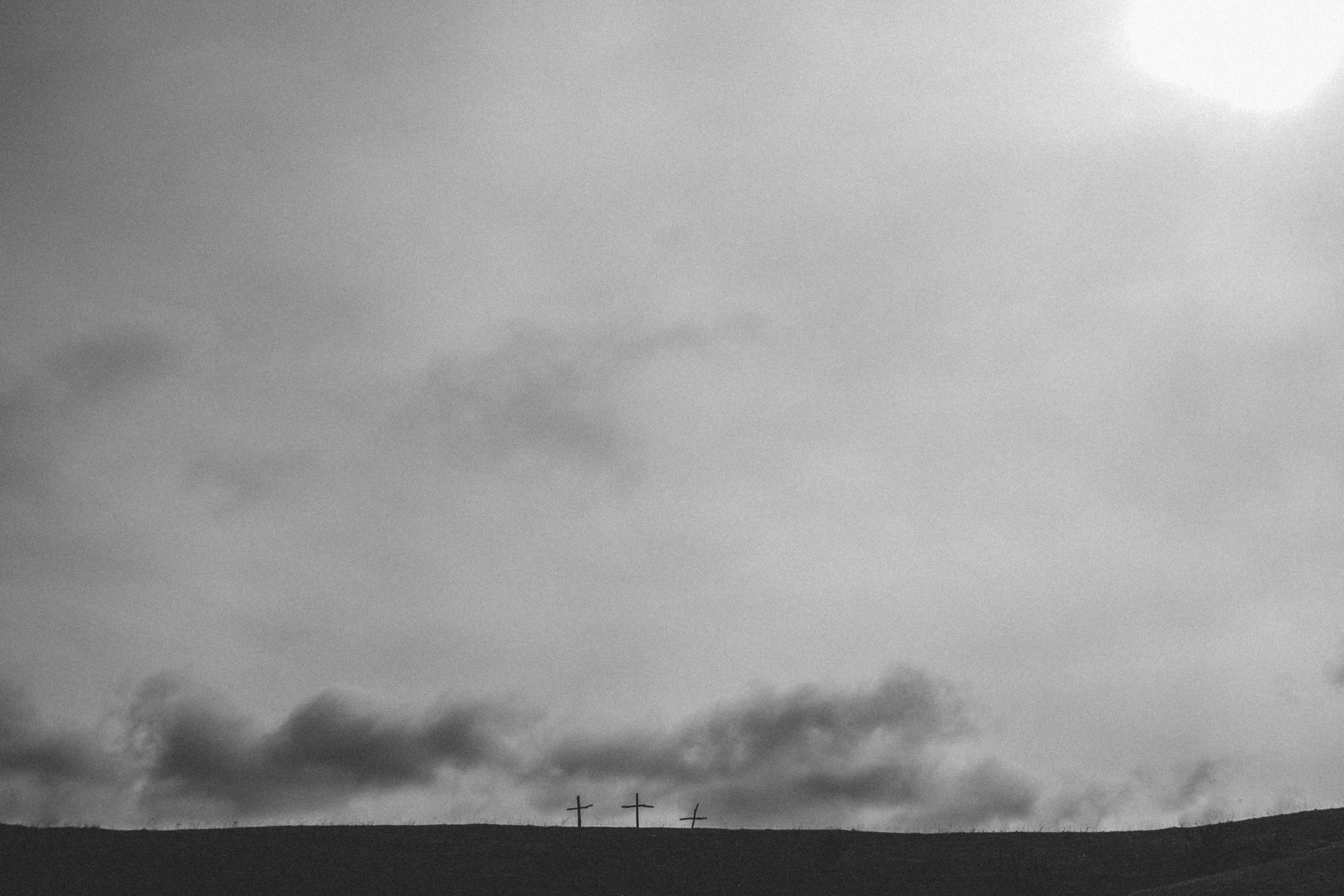
The Invitation of Testimony
How can you share your testimony with those around you?
God is at work in the world today! That’s a phrase I can easily and happily say now, but in the past, I struggled to believe.
Yes, Jesus made a way for me to deal with my sin, and it was all very private and special and meaningful (which it still is!) But for me to think that God is doing amazing, supernatural things still today made me uncomfortable at best.
Words: Jo Leutton Read: 5 - 10 mins Published: 20 May 2020
So, it was easier to decide then that these people had poor theology or a limited understanding (and at the same time giving myself the intellectual high-ground) than to face the facts that maybe I was a little uncomfortable with finding out the truth for myself.
As I started to explore the “what if…” questions (“What if God still does more than saving people for eternity today?” “What if God still heals people, as Jesus did in the Gospels?” “What if the gifts of the Spirit in the New Testament didn’t end with the writing of the New Testament?”), I started to realise that I had been wrong.
For you reading, maybe I’ve already overshot your mark for normal, or acceptable, or responsible theology and church-life practice. Perhaps this is too much! But maybe you’re totally okay with this. Great! I have become more than okay with this; it’s become part of everyday life, and something that I am passionate about every follower of Jesus experiencing. I want all of us to know that God is alive, active, and doing the things today that He’s always been doing: speaking, healing, saving, delivering, restoring, loving.
But what happens when this becomes your normal? What happens when we find ourselves in a culture that loves and assumes that God is speaking? That He heals, and we should ask? Is it possible to become complacent in that environment?
It seems ridiculous that we could ever become blasé about the supernatural work of God. But for us humans, we’re good at doing that. Think throughout the biblical narratives! The pillar of fire in the middle of the camp? “Let’s make idols!” “Let’s try to be like the nations around us, and worship their gods!” And so on.
Or even better: we can be a little like the believers in the Galatian churches, who started in the power of the Spirit, and thought it might be better to get back to rules and the old covenant that required more than just Jesus’ gift to us. Great idea, team!
But aren’t we all like that? Sometimes. More often than we’d like to admit. Maybe?
I was out walking and praying. That sounds super-spiritual, but it’s not something I have done a lot in the past. But I have every intention of doing it more. And while prayer-walking, God spoke to me a bit about this. There was a physical lesson about a blockage in a creek, and it was all exhilarating, and God spoke into a whole bunch of things about His plans, breakthrough into new spaces in Him, and a whole bunch more. But in the midst of it, I felt like I had a minor revelation around why we might find ourselves complacent in the presence of God’s miracle-working kingdom.
It is all around this idea of testimony. Testimony is a loaded term in our context. We use it to mean the stories of what God has done in our lives. Significant, small, supernatural, spectacular, all meaningful, and all full of God’s work in our situations. The difference is how we portray these stories, these records of God’s mighty work in our midst.
“It is finished.” Jesus’s words on the Cross. And it was. The work He needed to do to reconcile humanity to God, to break the power of the idols that we have put our faith in, and make a way for us to be once again free to walk in His presence, to dwell with Him. But it’s not all finished. Not in a heretical way. The saving work of Christ is done on the Cross. But God’s work in the world is not finished. When the author of Hebrews says that God rested after the work of creating the material universe, that doesn’t mean He checked out (see Hebrews 4). He’s not a divine clockmaker, winding up the universe and then leaving it on its own. John 17’s high priestly prayer for all who would come to believe, Matthew 28’s commission to go on making new disciples in the model of Jesus, even John 5’s confession of Jesus that the Father and the Son are always working, should show us that God hasn’t checked out.
“It isn’t finished.” God’s work in our lives, our testimony, isn’t done. It’s not finished. Until He takes us to be with Him, until the consummation of history and the establishment of the new heavens and new earth, He’s working. His kingdom is expanding and breaking into darkness (see Isaiah 9). He’s not done. But we get confused, distracted, satisfied, relieved. When He shows up and heals us, frees us, corrects us, loves us, we find peace, and so we can become still. And that can lead to complacency. But He’s not finished.
Testimony of Jesus’s work in the world, in the eyes of John’s Revelation, is the pneuma of prophecy; the breath, the wind, the spirit of the unveiling and declaration of God. Testimony isn’t the endpoint; it’s the invitation to capture the heart of our God, who is always at work. It’s the invitation to let hope blossom in our chest, to think that there might be a moment of breakthrough for that person we love because He did it for us! There’s every likelihood that God, being consistent and faithful (see James 1:17), will show up in that other person’s life as well. Testimony is an invitation into hope, faith and joy because our God is faithful to complete what He began in us (Phil 1:6).
The question this begs of each of us, then, is this: when God shows up in my world, when He does something that shows He is God and He is good, does my heart say, “It is finished.”? Or does my heart explode with the possibilities that God is showing up in the midst of my circumstance, and He might do the same for someone else?
At this point, the testimony of God’s work stops being about me, about my experience, about my faith or lack thereof. And it starts being about hope. About faith. About family. About sharing God’s goodness. About the story of a God who stepped into my mess and the possibility that He’s going to do the same for you.



